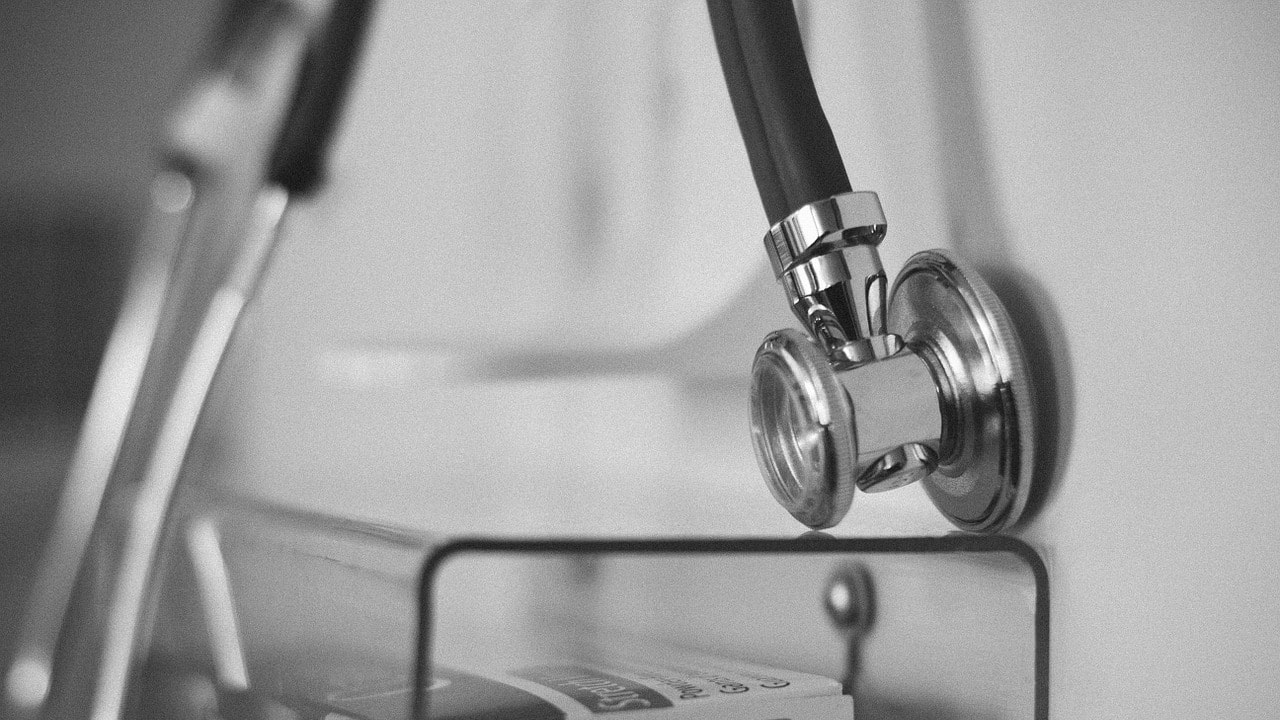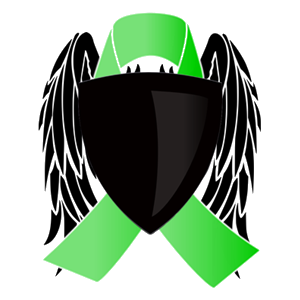How to Prepare for Your First L.L.M.D. or L.L.N.D. Appointment
Advice for Getting the Most from Your Consultation
You've finally scheduled an appointment with a doctor believed to be capable of helping you achieve remission from Chronic Lyme Disease. If you're planning to see a conventional doctor (i.e., LLMD), the chances are good that your appointment isn't for quite some time; any where from a couple weeks to a month or more. If you're planning to see a holistic doctor (e.g., LLND, Homeopath etc), your appointment is likely much sooner; about a week, give or take. Regardless of the type of doctor you're seeing, you'll have a decent amount of time to prepare yourself for the appointment.
1. Bring Copies of All Your Medical Test ResultsYou should bring copies of all the medical test results you've had run from at least the initial manifestation of your symptoms, as well as any type of test prior that you believe relates to your possible cause. Not all doctors perceive the same medical test results through the same lens. What may appear to be an issue on one medical test result to one doctor, may be completely disregarded by another. Your doctor will be performing detective work and your tests will be the best evidence taken from the crime scene.
|
|
Your doctor may call for a test that you may have had run fairly recent but you just forgot to bring it. Even if you remember to tell your doctor that you forgot to bring a specific test, the test may be as worthless as never having it run in the first place. Some doctors will consider receiving the test post appointment but others may not. Bringing as many tests as you can to the initial appointment may ultimately save you the time, money, and frustration in being tested again for the same test or trying to get it in the possession of your doctor after your initial appointment.
Points to Remember
- Bring copies of all your test results from at least the initial manifestation of symptoms
- Put your tests in chronological order
2. Bring a List of Your Symptoms
As strange, mystifying, enigmatic, and random as the symptoms of Lyme Disease are, no one will be able to remember all of them; especially with brain fog. Each symptom is a clue or indication to its cause and its cause may not be Lyme Disease; but a coinfection. Create a list of all the symptoms you've ever experienced and attribute to this ailment. You can even go as far as to elaborate in more detail the frequency, intensity, and affect of each symptom
Unfortunately time is extremely limited with the appointment so it's best to create a list in which your most troubling and debilitating symptoms appear first. A doctor can always review the additional material you've provided him after the appointment.
|
|
Points to Remember
3. Bring a List of Current Medications and DosagesThis is very important as certain medications and herbs don't interact well together within the body. You don't want your doctor to prescribe you a medication that lowers blood pressure when you're already taking medication that does so. Even some herbs are known for disabling the effectiveness of conventional antibiotics.
|
Bring a list of the medication, herbs, supplements, vitamins and anything used for sustaining good health you're currently taking or plan to take during the protocol your doctor prescribes. Be sure to include the dosage, frequency, purpose, and the duration of each.
Points to Remember
- Bring a list of current medication, herbs, etc including dosage, frequency, purpose and duration
- Include medication, herbs, etc you're not on but plan to take during the duration of the protocol prescribed
4. Write Down Your Questions
During the initial appointment, it's inevitable you'll generate questions, but save the time and frustration of remembering questions that can be preconceived. Each person will have questions unique to their own circumstances but there are a few questions that should be asked at every initial consultation.
- How long will I be on this treatment protocol?
- When should I start feeling better?
- What is this medication, herb, etc for?
- When will you need to see me again?
- Can I stay in touch with you if I have any questions or concerns?
Points to Remember
- Save time and frustration by recording questions that can be preconceived
5. Bring an Outline of your Diet
A good doctor knows that diet plays a critical role in health and healing, but an even better doctor will want to know what your diet consists of. Bring an outline of your diet that explains what you eat for breakfast, lunch, dinner, and snacks. Be prepared for a major diet change as most Lyme literate doctors already have a pregenerated diet plan for their patients.
|
Be sure to ask why certain foods are permissible and prohibited during treatment. Understanding so will allow you to avoid cheating and disrupting the healing process by reasoning appropriately during temptation.
Point to Remember
6. Bring an Outline of Your Entire Experience |
|
This may require you to hit the history books; especially if you're enduring brain fog. Create a timeline using specific dates that starts with your initial experience with the uncanny health symptoms and ends in the present day. Be sure to include major events caused by the ailment (e.g., hospital visits, start or end of a strange symptom, etc). Providing a clear timeline of events in chronological order will create a perspective for the doctor; further increasing the accuracy of his diagnosis.
Point to Remember
- Bring a timeline of your experience from the initial start of symptoms to the present day
Additional Tips
- Bring a tape recorder or a cell phone with an application capable of recording for extended periods of time. A lot of information will be presented to you but not all of it will be retained for future reference.
- Bring a friend or family member to your initial appointment. Not only will your memory capacity increase but you'll be a little more comfortable knowing that familiarity resides next to you.
- Bring any photographs you may have taken of a rash, marking, etc. Pictures will you save you the time of describing a symptom and may be an immediate identifier of a specific cause
- Ask your doctor if you may contact them after the appointment if you need help or have questions, and which means of communication is preferred (e.g., e-mail, telephone, or webcam)
- Make a copy of every document you plan to give to your doctor including medical test results for your records. Some medical test results may no longer be attainable.
- Question all that is not understood. Remember to approach the consultation with the knowledge you already know about Lyme Disease. Don't let your desperation overshadow your good judgment and ability to reason. Doctors are human too. They make mistakes and can be deceiving.
Also on Tired of Lyme
Refresh
Refresh
Subscribe to Tired of lyme!
Subscribe to Tired of Lyme's mailing list and get notified of new articles!





Comments